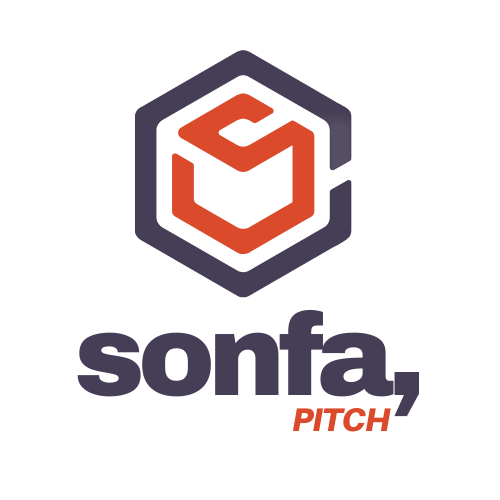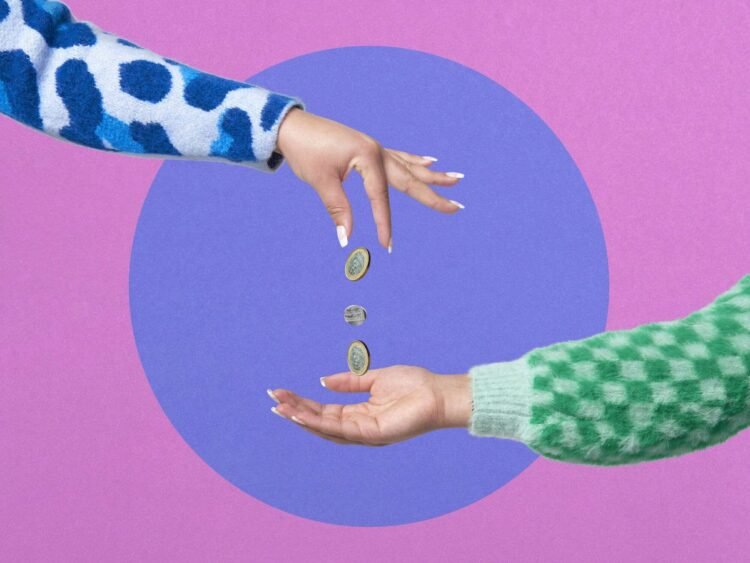Bandcamp’s direct-to-artist approach isn’t just “timeless”, it’s also well-equipped to navigate the challenges of an AI-driven music industry, says General Manager Dan Melnick.
Speaking to MusicRadar in a new interview, the executive posits that Bandcamp’s system is the norm, while streaming – where artists often receive only fractions of a cent per play – is the outlier.
“The biggest differentiation is our business model,” Melnick explains. “Bandcamp is about buying music directly from artists and labels. The majority of the money goes to artists and labels directly. They get paid. It’s a very simple value-based transaction, I think that’s sort of core to the ethos as well.”
“[When you think about it] it’s a timeless model,” he adds, “and the way streaming works is more of an anomaly than how we work at Bandcamp. What it does is it aligns all of our incentives very clearly. So, we do well, when artists do well. And, if labels sell more, we make a little bit more money, but if they don’t, we make nothing.”
As AI-generated music becomes more prevalent, Melnick sees Bandcamp’s model as a safeguard for human artists. “Bandcamp is not built to break you as an artist,” he says. “I think our business model is very well positioned for the age of AI. If the streaming world gets flooded with AI music, then it reduces the pie for living musicians.”
“I think because we’re already so focused on these direct fan relationships and sort of human-to-human connection and commerce, that we’re actually very well positioned in that sense.”
The executive also hopes that AI’s growing presence will encourage more musicians to rethink their reliance on streaming platforms.
He says: “I’m hopeful that it’ll actually cause more artists to realise, that’s how they should be running their careers. Staying in the streaming world and trying to play that game is probably more of a threat to your career than getting out and building those relationships. Letting fans interact on platforms where we can verify each other’s humanity.”
When asked where he sees the music industry in a decade, Melnick remains cautiously optimistic.
“I think, it’s obviously going to be extremely interesting to watch how disruptive AI is,” he says, adding that it’ll be important to differentiate between “AI as a tool versus AI as a finished product”.
“But I think musicians are going to adopt AI just like they’ve adopted all technology, you know, I think musicians are actually very adaptable to technology as a tool, and always figure out incredibly creative ways to use it.”
Meknick continues, “I think music and musicians are incredibly resilient, and I have a lot of faith that we’re still going to be listening to music made by human beings in 10 years and we’ll still be going to concerts for human beings in 10 years. That doesn’t keep me up at night.”
“I think the question is – how can musicians still make a living? I think that’s why Bandcamp is so important.”






